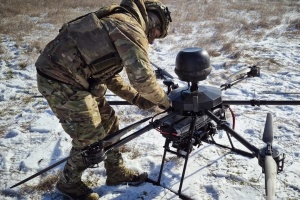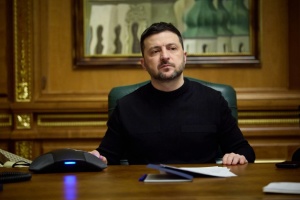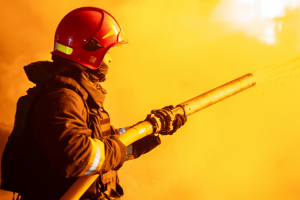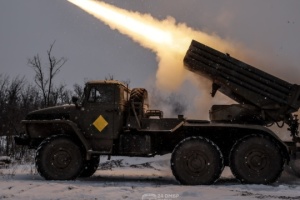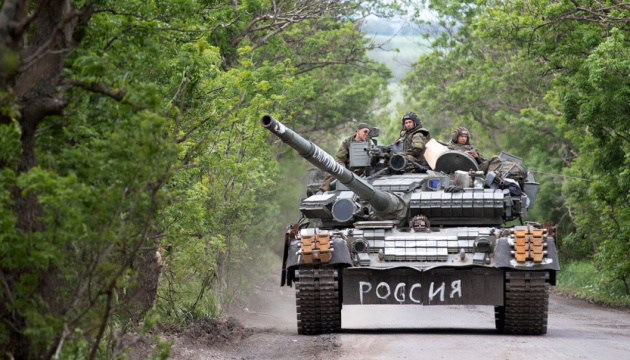
Kremlin returns to its old rhetoric on Ukraine: ISW comments on Putin's statements
This is said in a report by the Institute for the Study of War (ISW), according to Ukrinform.
Putin routinely abstained from discussing the war in depth at high profile events throughout 2022, suggesting that he was uncertain about his ability to shape the Russian information space on this topic. Putin’s willingness to center large portions of the event on the war in Ukraine suggests an increased confidence in his ability to address the Russian public on the subject, which may be indicative of his own personal confidence in Russia’s prospects in Ukraine following the relatively successful Russian defensive operations in western Zaporizhia Oblast and perceived wavering Western support for Ukraine, ISW analysts said.
Putin did not offer a new approach to the war, describe how Russia intends to achieve victory in Ukraine or specify what a Russian victory would look like.
According to ISW experts, many of Putin’s statements on December 14 are similar to the boilerplate claims about the Russian war in Ukraine that he made during a speech at a Russian Ministry of Defense Collegium meeting almost a year ago, for example.
Putin reiterated his maximalist objectives for the Russian war in Ukraine, which are likely purposefully opaque to be inclusive of additional goals that Putin may seek to pursue now or later.
“The Kremlin appears to be returning to expansionist rhetoric last observed before the full-scale invasion about a “partitioned Ukraine” that rejects key components of Ukrainian sovereignty and territorial integrity, and which includes the stated intention of the occupation and annexation of additional Ukrainian territory. This rhetoric does not set limits for further Russian expansion and may be aimed at allowing Putin to introduce new territorial objectives in Ukraine when he sees fit,” the report says.
In addition, Putin’s public discussions about issues at the front and about the Russian war effort in general may redirect public anger about problems in the war toward the Russian Ministry of Defense. Putin has historically used his highly staged annual “Direct Line” event to create a clear divide between incompetent, corrupt, and overly bureaucratic Russian officials and himself as “a capable and caring leader” who can quickly resolve average Russians’ issues, ISW experts said.

